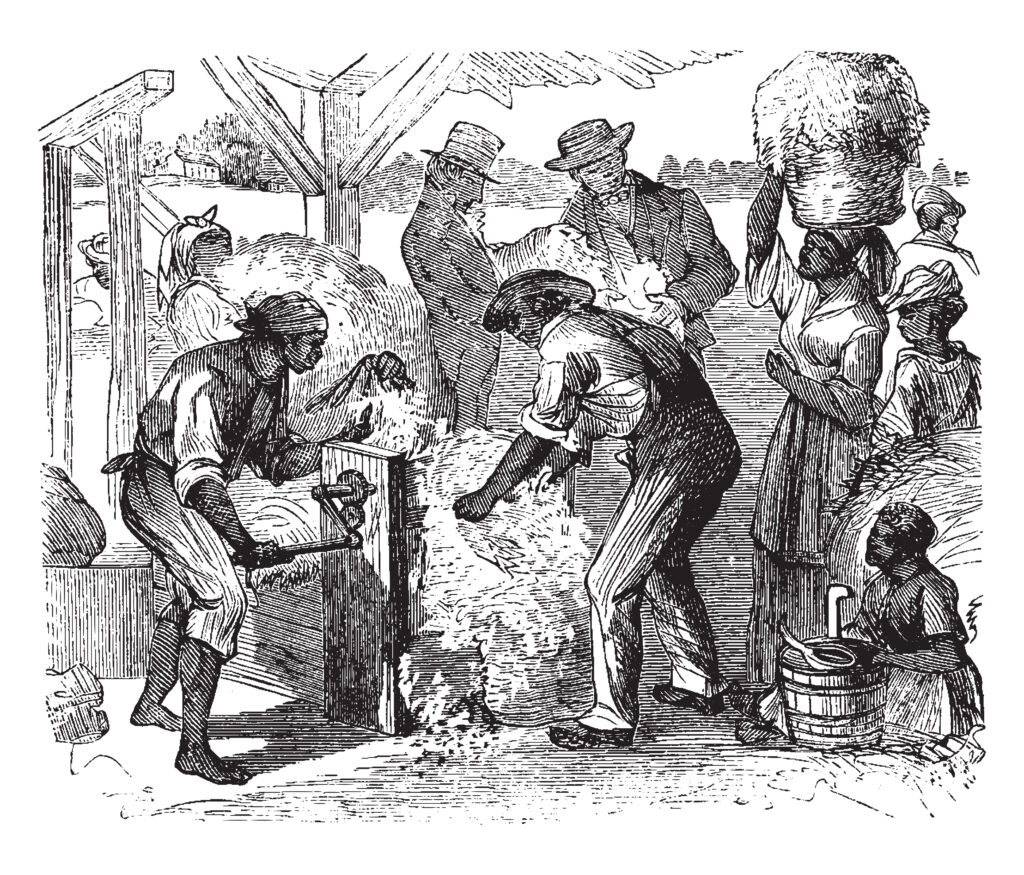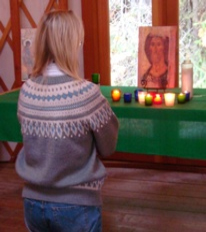Lent, “The White Rose,” and These Troubled Times
By Robert Fontana

I do love Lent, which begins on Ash Wednesday (March 5), but I resist it as well. Lent invites me to consider what is at the heart of being a disciple of Jesus – love of God and neighbor, especially those who are poor, marginalized, and scapegoated. I resist because, well, I don’t always want to be challenged to correct a fault or engage an issue that might take time, energy, and money.
I have also come to suspect the surface piety of Lent – adding fast days, praying the rosary every day or attending daily Mass – when it doesn’t also reach down to one’s heart. We become complicit in the sins of the culture when we just reinforce a cultural Catholicism that keeps us focused on our personal salvation (and that of our family members) but ignores the suffering of “my neighbor” in society.
Christian on the outside, but opposite on the inside. This is not new to Catholicism specifically or to Christianity in general. I’m reading the biography of the abolitionist and formerly enslaved Frederick Douglas. He writes bitingly against the slaveholders from the South who got on their knees at night in prayer, read the Scriptures daily, and faithfully attended church on Sunday. Yet these same men and women enslaved human beings, fed them starvation diets, beat them on a whim, raped the women, ignored their own children born from rape, and worked all the enslaved people, children to old people, from dawn to dusk.

Douglas writes, “I can see no reason, but the most deceitful one, for calling the religion of this land Christianity. I look upon it as the…boldest of all frauds, and the grossest of all libels. Never was there a clearer case of ‘stealing the livery of the court of heaven to serve the devil in.’ I am filled with unutterable loathing when I contemplate the religious pomp and show, together with the horrible inconsistencies, which every where surround me.”[1]
Among these Christian slaveholders were many Catholics including Jesuits who enslaved hundreds of men, women, and children on their farms in Maryland.[2]
One of the critiques of the Catholic Church in Europe following World War II was that it was more concerned with self-preservation than about the general welfare of the people being persecuted by the Nazis, especially the Jews, but also communists, Protestant intellectuals, Roma people, and homosexuals.[3] In a sobering response to the failure of the Catholic Church to respond to the social crisis created by the Nazis, the bishops at the 2nd Vatican Council, in a deliberate effort to be faithful to the Gospel, committed the church to advocate for and stand in solidarity with suffering humanity:
The joys and the hopes, the griefs and the anxieties of the men of this age, especially those who are poor or in any way afflicted, these are the joys and hopes, the griefs and anxieties of the followers of Christ. Indeed, nothing genuinely human fails to raise an echo in their hearts.[4]
Five outstanding Nazi opponents from within Germany were university students : Hans and Sophie Scholl (brother and sister), Alexander Schmorell, Willi Graf, and Christoph Probst, led by their philosophy professor, Kurt Huber. They formed an anti-Hitler group called The White Rose, a reference to all that was beautiful, good, and Christian about their Germany before the Nazi takeover. (see https://jetsettimes.com/countries/germany/munich/the-white-rose-movement/}

“The group wrote, printed and initially distributed their pamphlets in the greater Munich region. Later on, secret carriers brought copies to other cities, mostly in the southern parts of Germany. In July, 1943, Allied planes dropped their sixth and final leaflet over Germany with the headline “The Manifesto of the Students of Munich”…They denounced the Nazi regime’s crimes and oppression, and called for resistance…they openly denounced the persecution and mass murder of the Jews.” (https://en.wikipedia.org/wiki/White Rose)
They were captured in 1943, humiliated at a public trial, and three were sentenced to death by guillotine: Hans and Sophie Scholl, and Christoph Probst. What courage!
That brings me to these “Troubled Times.” Chaos reigns from the White House. Federal workers are being fired on a whim. Federal agencies that serve the American people, from its national parks, to disease prevention, education and even Medicaid, are being undermined. Our closest neighbor nations are being threatened, American allies are being bullied, and dictators are being embraced. And tragically, men, women, and children, fleeing their home countries because of poverty and violence are scapegoated as rapists and murderers who need to be rounded up and deported. (At least the Catholic bishops have gained a spine to speak out against this travesty.)
Every Christian, Catholic and Protestant, shaped by the ethics of the prophets from the Hebrew Scriptures and by the example and teachings of Jesus, cannot help but be outraged at the injustices coming from the White House. This is not a partisan issue. Conservatives like former vice-president Mike Pence, Liz Cheney, and Adam Kinzinger, all fully committed to the president’s agenda in his first term, are severe critics in his second.
Ask yourself, is this the path that I want the United States of America to travel? Consider the courage of the Munich martyrs when they did their part to stand up to Hitler. What will you and I do to confront the areas of darkness unfolding before us now?

During this Lent I pray that you and I will take moments to meditate on the Scriptures especially the writings of the prophets and the four Gospels. One passage that stands out for me is Micah 6:8:
He has shown you, O mortal, what is good. And what does the Lord require of you? To act justly and to love mercy and to walk humbly with your God. (New International Version)
[1] Douglas, Narrative of the Life of Frederick Douglass, an American Slave. p. 107-108, Modern Library, NY, NY © 2000.
[2] https://en.wikipedia.org/wiki/1838_Jesuit_slave_sale
[3] https://en.wikipedia.org/wiki/Reichskonkordat
[4] Pastoral Constitution of the Church in the Modern World, Article 1